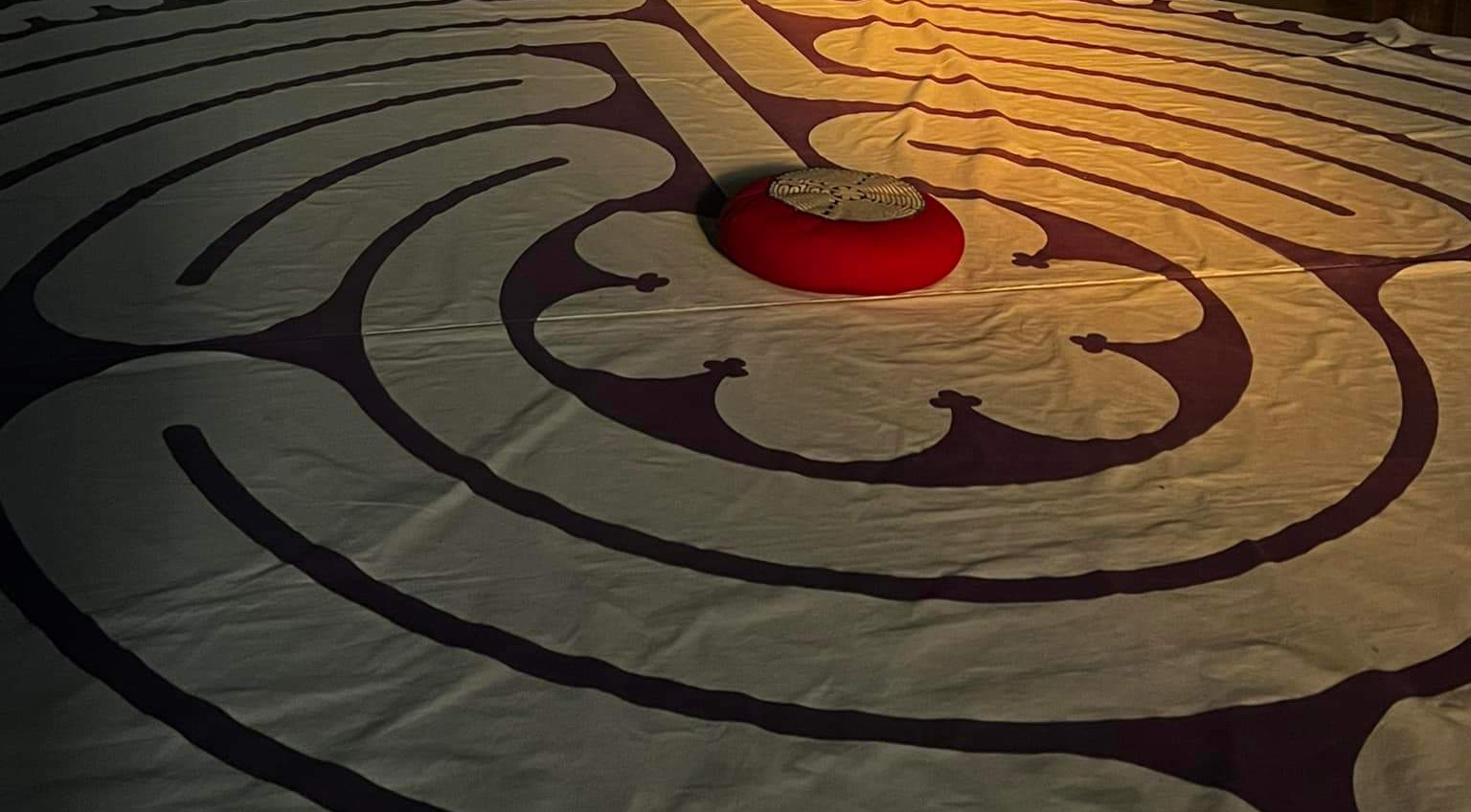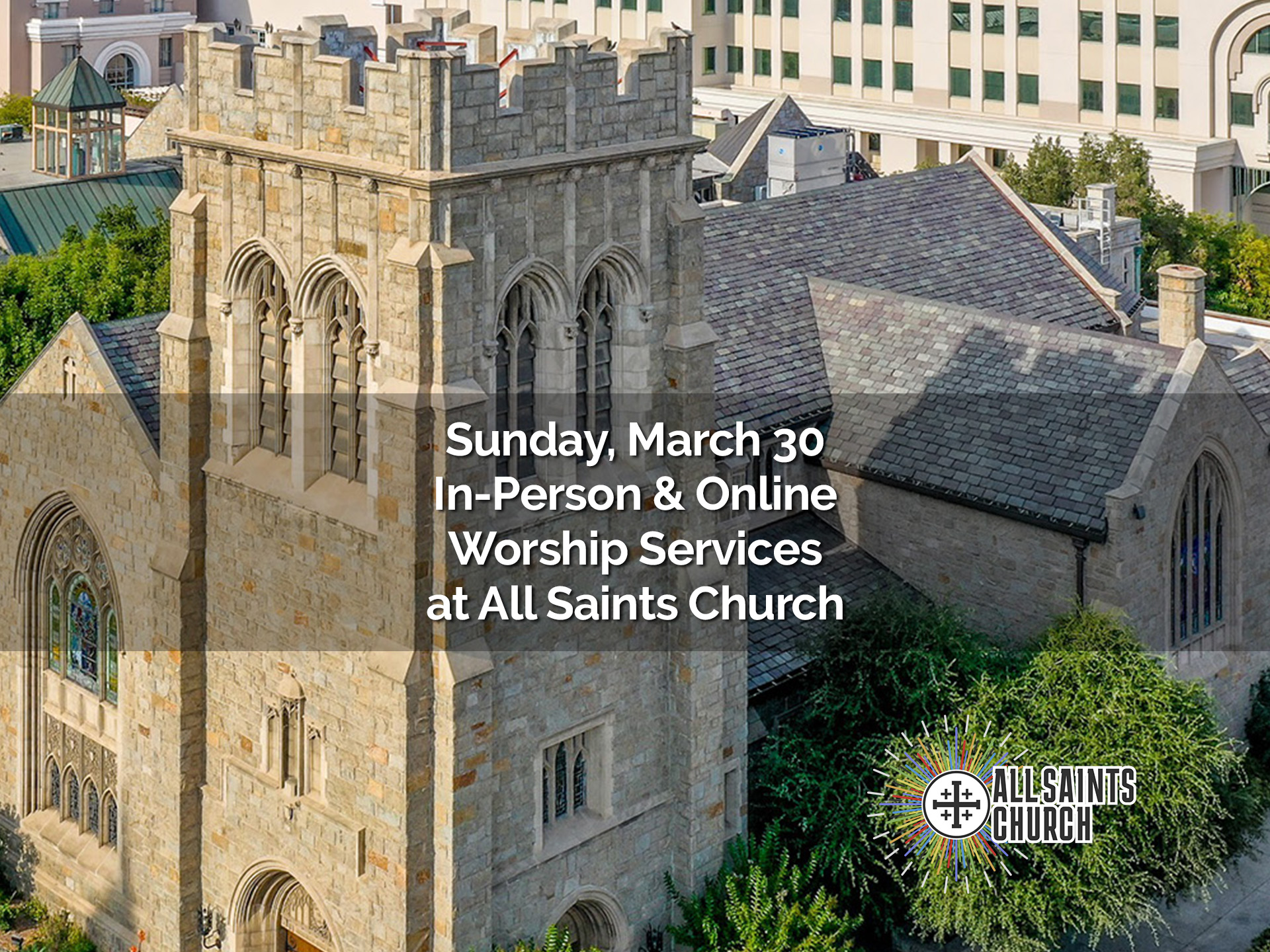The Gospel isn’t meant to be gulped down on Sunday morning, but gnawed on through the week so it really becomes a part of us. You’ve got to work at it, like a dog with a good bone! Here’s the Gospel for this coming Sunday — the Fifth Sunday of Easter — with food for thought on a different kind of fruit. Gnaw away!
John 15:1-8
Jesus said, “I am the true vine, and Abba is the vine grower, who cuts off every branch in me that doesn’t bear fruit, but prunes the fruitful ones to increase their yield. You have already been pruned already, thanks to the word that I have spoken to you. Live on in me, as I do in you. Just as a branch cannot bear fruit of itself apart from the vine, neither can you bear fruit apart from me. I am the vine; you are the branches. Those who live in me and I in them will bear abundant fruit, for apart from me you can do nothing.
“Those who don’t live in me are like withered, rejected branches, to be picked up and thrown on the fire and burned. If you live on in me, and my words live on in you, ask whatever you want and it will be done for you. My Abba will be glorified if you bear much fruit and thus prove to be my disciples.”
The Backstory – What’s Going On Here?
This passage kicks off the second section of what is known as Jesus
“Farewell Discourse” to his disciples. Like any last words, it is Jesus
summing up what is most important, what he most wants his disciples to
remember as they prepare for life after his death.
The first part (John 14) is words of assurance and encouragement.
*The disciples want to know where Jesus is going and he tells them: He is
going to God (14:1-6).
*They want him to show them God, and Jesus tells them they only need to
look at him (14:7-14).
*Even though Jesus is leaving, the disciples will not be abandoned because
the Spirit is coming (14:15-26).
*Finally, Jesus leaves peace with the disciples and encourages them not to
be troubled because God is in control of everything that is about to
happen.
With these words of assurance and encouragement, the question remains of
how do the disciples live now. That’s where this passage comes in … the
image of the vine and the branches.
A few things to chew on:
*Jesus has one word for the disciples — and he uses it 11 times in John
15:4-16 — Live. Live (often translated “abide”) is a rich word. It is not just about living with
like a roommate, but it is an intimate relationship. A relationship of
mutual dependence where the qualities of one emerge in the other. It is
pieces of our spouses or partners emerging in us … or even us beginning
to look like our pets! It is a relationship of perseverance through all
things. In this passage, it echoes the prologue to John’s Gospel “The Word
became flesh and dwelt among us.” God abides in us in Jesus and we now must
abide in him. Just as God took on our form in Jesus, now we take on the
form of Christ. “Abide in me and I in you.” Just as Jesus on the cross told
his mother and the disciple whom he loved “Behold your son … Behold your
mother!” it is now our turn to take on everything that Christ was while
Jesus was in the world. Augustine’s words about the Eucharist say it all:
Be what you see. Receive who you are.
*We know we are abiding in Christ when we bear fruit … but what does that
fruit look like. Jesus has already told his disciples by washing their feet
and giving them the new commandment. He repeats that a few verses after
this passage, saying again, “This is my commandment, that you love one
another as I have loved you. No one has greater love than this, to lay down
one’s life for one’s friends.” He then contrasts this life of radical love
with the hatred of the world (15:18-27). Abiding in Christ sounds like a
transcendent, mystical experience … and it is. But it is never just that.
Like the Word becoming flesh in Jesus, abiding for us is also an intense,
deeply messy relational experience of being in a world of hate and anger
and responding only with self-giving love. How we do at that … and ONLY
how we do at that … is the degree to which we are Jesus’ disciples, the
degree to which we abide in Christ and Christ in us.
Try This:
” My Abba will be glorified if you bear much fruit and thus prove to be my disciples.”
Discipleship is about becoming by loving. It is the inward journey of
abiding in God and the outward journey of as Christ’s body abiding in the
world. And like the vine, unless both journeys are fed with our time, they
will wither and die.
This week, think of one way each day you can tend to the inward journey of
abiding in God … and one way each day you can tend to the outward journey
of loving the world as Christ does. The inward journey can be setting aside
a short time for prayer, scripture study or spiritual reading or
journaling. The outward journey can be taking time to listen to or pray
with a friend, giving your time to a ministry that spreads love to the
poor, or anything else that is about active loving in the world.
Then Sunday, as we gather together in worship, in prayer offer these labors
to God, and thank God for the fruit God has borne through you.
A different kind of fruit
“My Abba will be glorified if you bear much fruit and thus prove to be my disciples.”
We hear it more and more … you are only as good as what you can produce.
More to the point, unless you can produce something that can be sold and
generate revenue … what use are you?
We see it everywhere. We certainly see it in declining funding for the arts
and of fields like astronomy whose fruits are the joy of the human spirit
and discovery for its own sake. We will pump billions into developing new
luxury consumer goods but parents have to have bake sales so their kids can
have band instruments.
So it’s a little disheartening to hear Jesus say “bear fruit or be thrown
into the fire.” Until we think about the kind of fruit Jesus is talking
about.
Jesus says ” Just as a branch cannot bear fruit of itself apart from the vine, neither can you bear fruit apart from me.” and “Those who live in me and I in them will bear abundant fruit.”
The fruit Jesus is talking about is not the fruit of commodification and
monetization. The fruit Jesus is talking about is not about generating
bigger and bigger piles of wealth … generally at the expense of people
who already have less to begin with.
The fruit Jesus is talking about is the opposite. It is fruit rooted in and
springing from the vine of Christ. Fruit of what happens when we give
ourselves away for the life of the world.
It is the fruit of saying we don’t care if this costs us money or friends
or time or respect … or even life itself. We are going to stand up for
justice, love extravagantly, risk everything and do it singing Alleluia all
the while.
The fruit of this vine is not measured in bank balances or Facebook likes
… unless it is measured by how little of each we get. The fruit of this
vine is measured in hearts transformed and societies made more just and joy
shared and voices lifted in song to God.
God is glorified not when we produce a better bottom line but when we bear
the fruit of love. That is how we become Christ’s disciples.
. . . . . . . . . . . . . . . . . . . . . .
Check out the rest of Sunday’s readings
The Lectionary Page has all of the readings for this Sunday and every
Sunday – [1]just click here[2].
Collect for Sunday
Pray this throughout the week as you gnaw on this Gospel.
Almighty God, whom truly to know is everlasting life: Grant us so perfectly
to know your Son Jesus Christ to be the way, the truth, and the life, that
we may steadfastly follow his steps in the way that leads to eternal life;
through Jesus Christ your Son our Lord, who lives and reigns with you, in
the unity of the Holy Spirit, one God, for ever and ever. Amen.
Want to read more?
[3]“The Text This Week” is an excellent online resource for anyone who
wants to dive more deeply into the scriptures for the week.
. . . . . . . . . . . . . . . . . . . . .
References
1. http://www.lectionarypage.net/YearB_RCL/Easter/BEaster5_RCL.html
2. http://www.lectionarypage.net/YearB_RCL/Easter/BEaster5_RCL.html
3. http://www.textweek.com/



